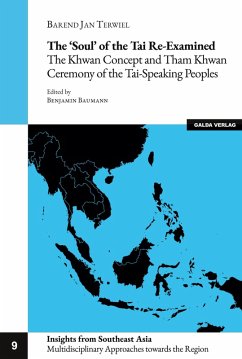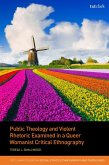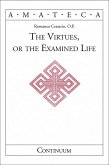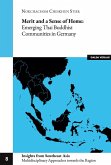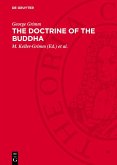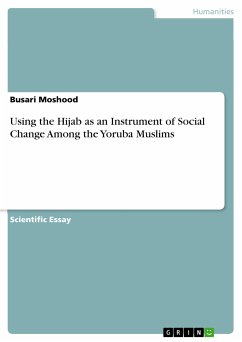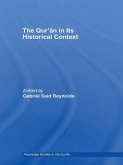Khwan is certainly one of the most enigmatic concepts one encounters in the study of the Tai-speaking world. Variously rendered as 'soul', 'vital principle' or 'life essence', the concept eludes unambiguous translations as Western ontologies and the languages that reproduce them simply lack an analogous signifier. While a lot has been written on khwan, it seems that little progress was made in understanding their place in Tai conceptualizations of personhood and sociality. One reason for this may be that authors addressing khwan in their scholarship are frequently referring to the same seminal publications while ignoring others. This fostered a quasi-canonical understanding of what khwan are that is rarely critically scrutinized. With this edited volume we seek not only to honor Barend Jan (Baas) Terwiel, but also to problematize this conventional understanding of what khwan are. In the field of Tai Studies, Baas' name stands out as a beacon of knowledge and understanding, illuminating the rich tapestry of Thailand's history, culture, and society. Through meticulous scholarship and a profound love for the subject, Baas has left an indelible mark on the field, enriching our understanding of Thailand in ways that go beyond the surface. Join us on a journey through texts Baas has written over 50 years in order to explore what khwan are and how Tai-speakers all over the Tai-speaking world interact with them in order to strengthen their well-being and maintain personhood. Our goal with this volume is to make Baas scholarship on khwan more easily available and thus to celebrate his remarkable contributions to the world of Tai Studies. Therefore, we have edited, commented, and streamlined his original and sometimes hard to find texts and ordered them in a way that allows readers to better understand khwan as well as their similarities and differences all over the Tai-speaking world. ABOUT THE SERIES Developments in the field of area studies - goaded by the analytical deconstruction of world regions as such - have deeply affected the knowledge production on societies and cultures located in these politicized compartmentalization of the globe. With this series, the editors and authors wish to contribute to a reformulation of area studies that emphasizes the continuing epistemic value of contextualized knowledge production that is firmly rooted in concrete places. Starting with the notion of Southeast Asia, books published in this series will contribute to a more nuanced understanding of regionality based on a multidisciplinary approach. The series represents an oulet for young scholars intending to publish their degree theses and dissertations; and for established scholars who are looking for a place to republish out-of-print books, edited volumes or themed collections of their own papers and articles. We also invite scholarly collectives to publish collaborative works or edited volumes on topics that usually will not attract the attention of big presses due to their transdisciplinary orientation or the niche character of their topic. Our overall motivation is to maintain Southeast Asian studies as a critical and self-reflexive academic field. EDITORIAL BOARD Dr. Benjamin Baumann, Chief Editor PD Dr. Daniel Bultmann Prof. Caroline S. Hau Prof. Vincent Houben Prof. Peter A. Jackson Prof. Guido Sprenger Prof. Barend Jan Terwiel Dr. Xue Li
Dieser Download kann aus rechtlichen Gründen nur mit Rechnungsadresse in A, B, BG, CY, CZ, D, DK, EW, E, FIN, F, GR, HR, H, IRL, I, LT, L, LR, M, NL, PL, P, R, S, SLO, SK ausgeliefert werden.

